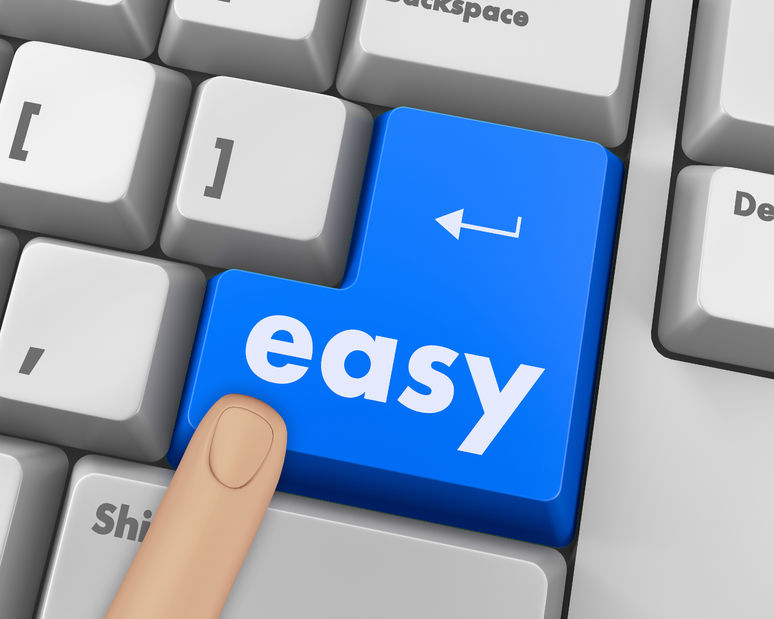 You find yourself caught up in the vicious debt cycle of taking on more debt to pay off other debt and see no end in sight. Now what?
You find yourself caught up in the vicious debt cycle of taking on more debt to pay off other debt and see no end in sight. Now what?
You need to get your finances together and come out of it. There are several debt relief options to help you get out of debt, depending on the size of your debt, your income, your expenditure, and how much you are willing to sacrifice to get rid of your debt.
In this article, we look at all the options:
1. Self-Discipline
Assess your debt. Can you come out of it with a little financial discipline for a fixed amount of time? Then you should resort to self-discipline to pay off your debts. Start with listing all your sources of income, fixed or otherwise. Then, list all your secured and unsecured debts. Which one of these can be paid off faster? Can you negotiate with any of the lenders to increase the amount of time you have to pay? Or to decrease your interest rates? Formulate a plan based on all these conditions. The basic goal should be to pay some part of your debt regularly without compromising on making ends meet.
2. Credit Counseling
Is your situation too messy to work out on your own? You can get help from a credit counseling organization to manage your debt. These are usually non-profit organizations that prepare a larger picture of your finances and help you understand what course you should take. Based on some analysis, they will put you on a Debt Management Plan (DMP), in which you’ll be required to hand over your debt payment money to your counseling organization, which will then use it to pay off your unsecured debts.
3. Debt Settlement
Debt Settlement programs are offered by for-profit companies. Their representatives negotiate with your creditors to settle on the full amount you’ll have to pay, and it will be less than what you owe. Instead of paying your creditors monthly, you pay this company a monthly fee. When your payment reaches the settlement amount, they use this money to pay off your debt.
While it may look all rosy, debt settlement comes with a set of issues you should consider. There is a risk to your credit score, since you’re not paying your creditors any money until your settlement company reaches the agreed-upon settlement amount. It is also possible that your creditor may not agree on the settlement.
4. Debt Consolidation
If your debt crisis is the result of one or two financial mistakes such as a lack of financial disciple or a bad loan, you can opt for debt consolidation. Under this, you take a new loan to pay off all your existing debts. Usually, the new loan has a lower interest rate compared than your other debt combined. This makes it easy to pay off all your debts and allows you to focus on paying off a single debt.
If you can manage financial discipline and if your debt amount is not staggering, debt consolidation will help you get back on track. This is not to be looked at as a cure-all. Consolidation does not equate debt forgiveness. While you may end up with a smaller payoff, you must learn to mitigate future debt risk by implementing a budget and spending plan for the future.
5. Chapter 7 Bankruptcy
If you qualify via the means test (your income should be less than the median income for a family of your size in your state), and if you prove that you don’t make enough money to pay off your debts, you might consider Chapter 7 bankruptcy. Under this, you’re required to give up your assets to pay off your debts. However, those assets that are exempted under the law can be saved.
Chapter 7 bankruptcy will help you pay off most of your unsecured debts except child support, alimony, tax debt, and student loans.
6. Chapter 13 Bankruptcy
If your income doesn’t allow you to qualify for Chapter 7 or if you want to save your assets, you can opt for Chapter 13 bankruptcy reorganization. Under this, you can repay your debts over a period of three to five years. If you manage to stick with the plan, your leftover unsecured debt is discharged. Note that you will still be expected to pay off the debts which are exempted under Chapter 7, even in Chapter 13.
Debt can be tricky business. The problem itself may seem insurmountable. However, if you think, plan, and choose carefully, then the above options can help you get your finances straight and set you on the path to a clean financial record over time. If all this overwhelms you, you can always seek professional help here.
We make it our business to help your business — personal or professional. We understand the regulatory and compliance side of debt relief and the legalities that will inevitably ensue. We take pride in simplifying the complicated. Debt should not sink you. Let us help — contact us today!

